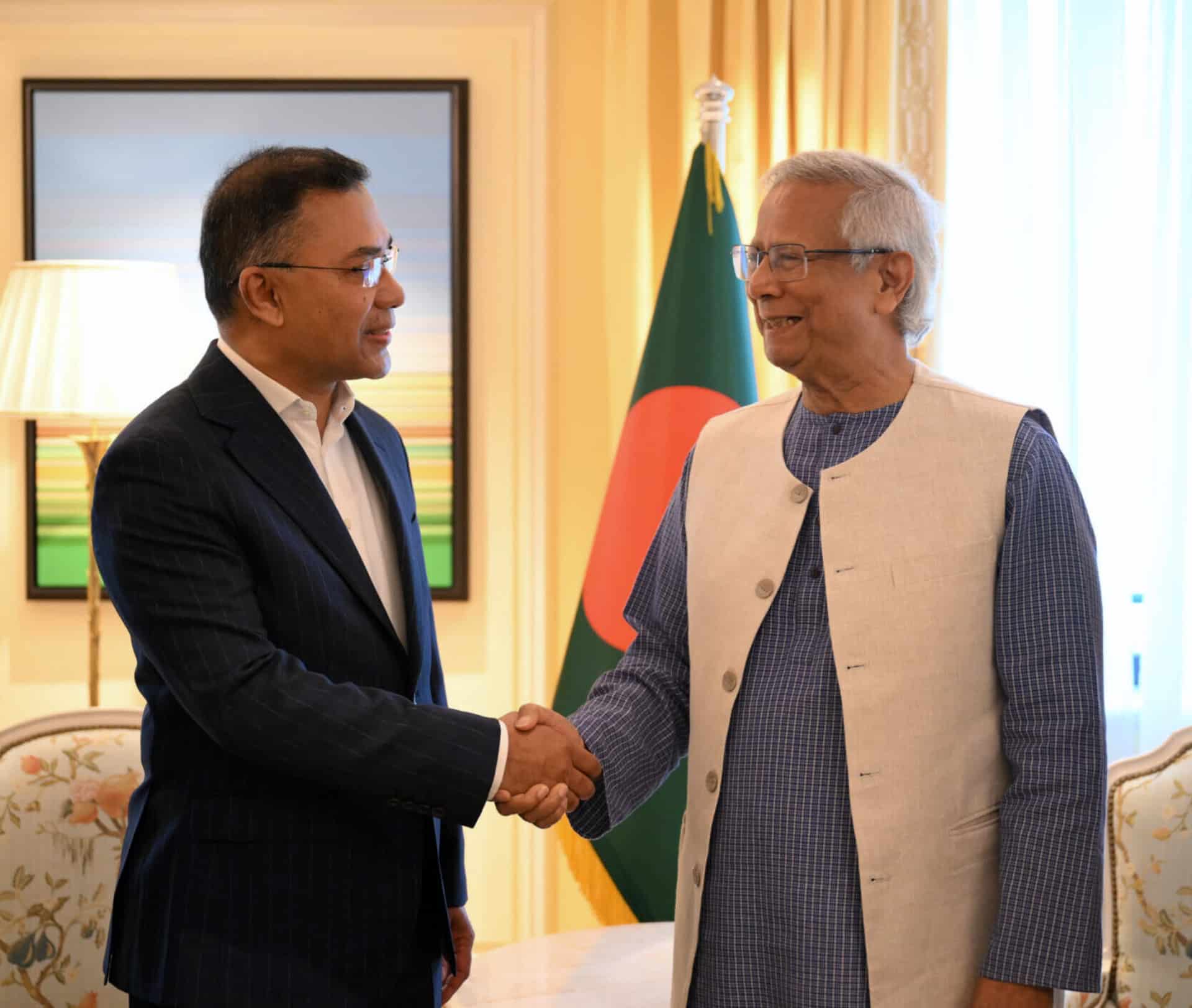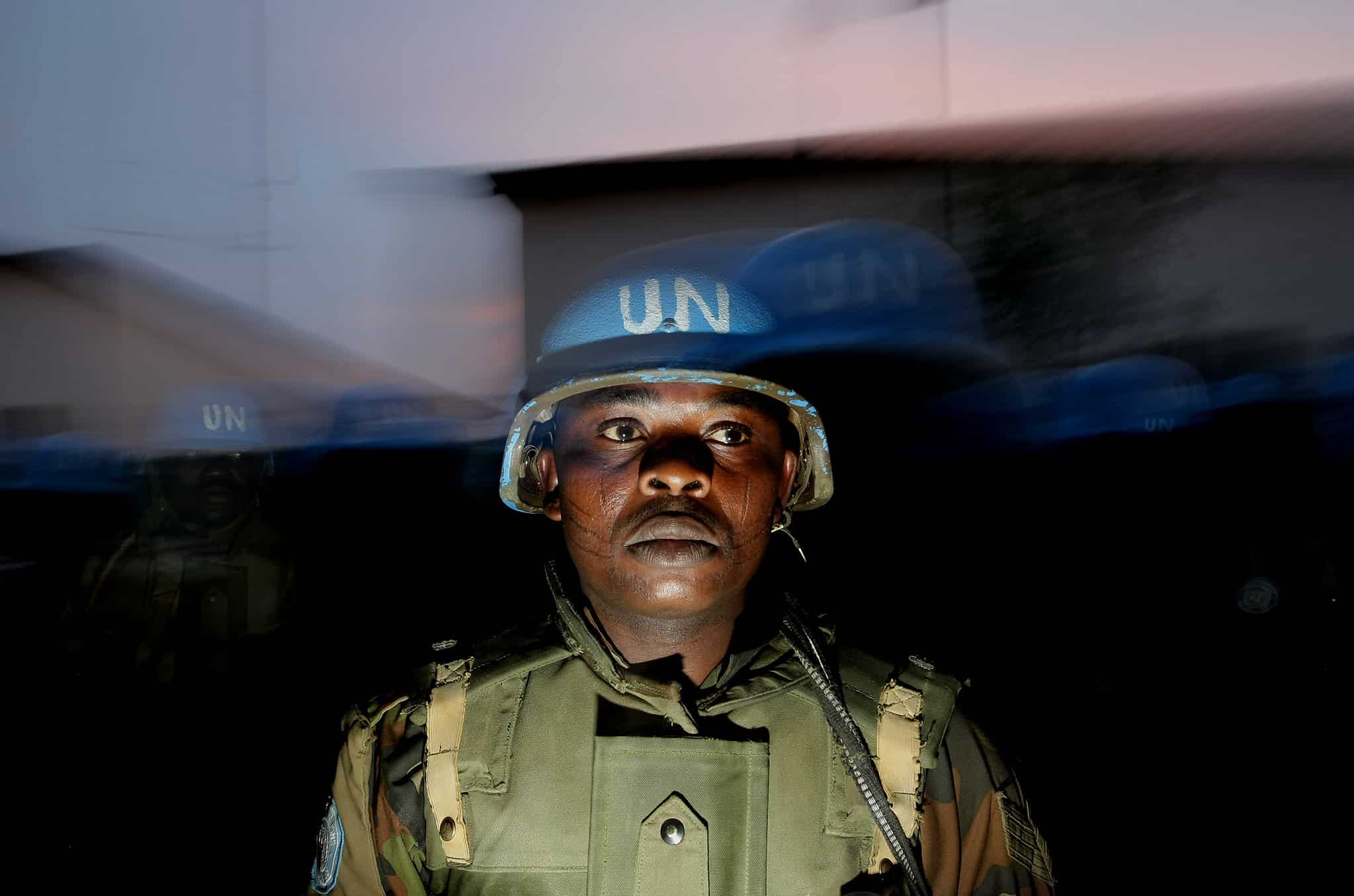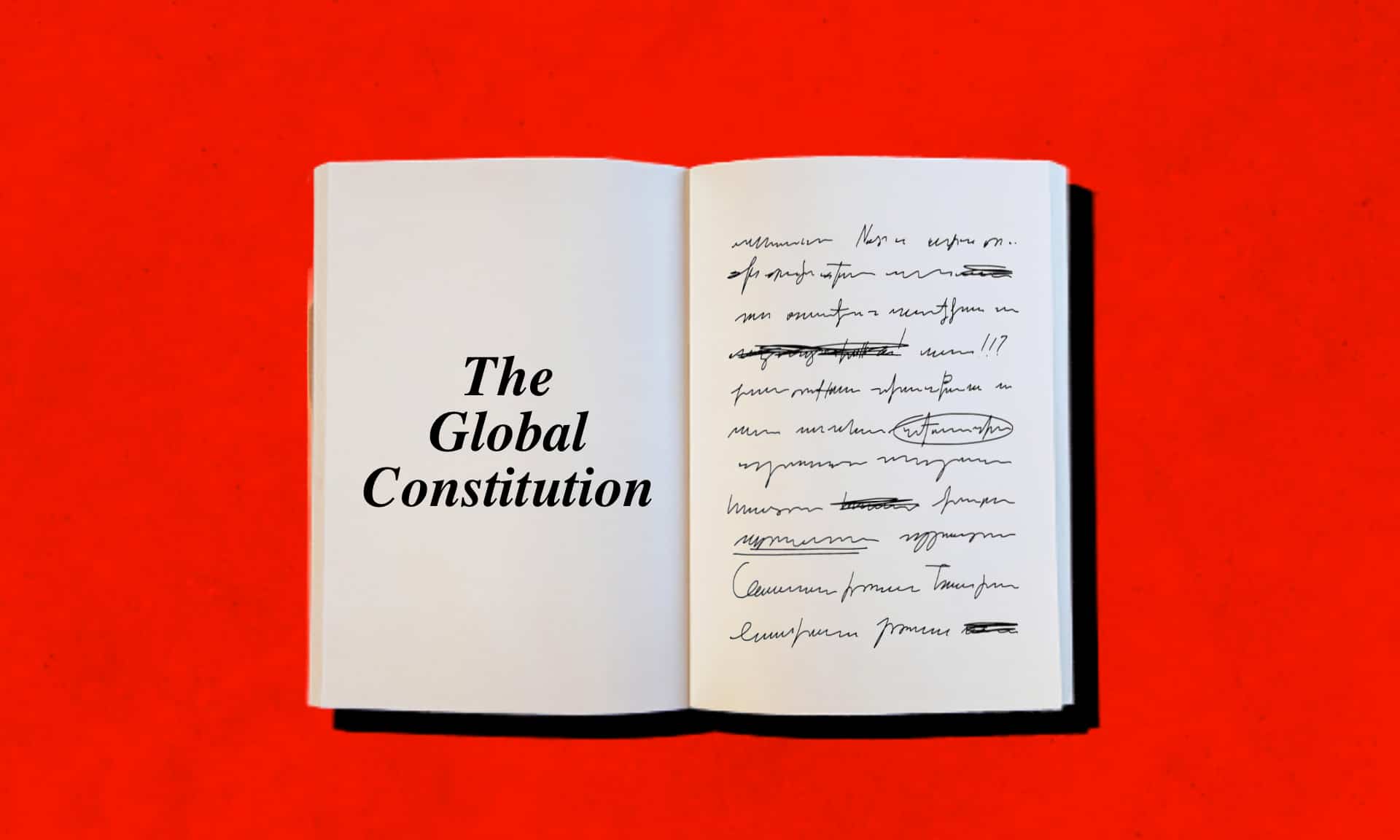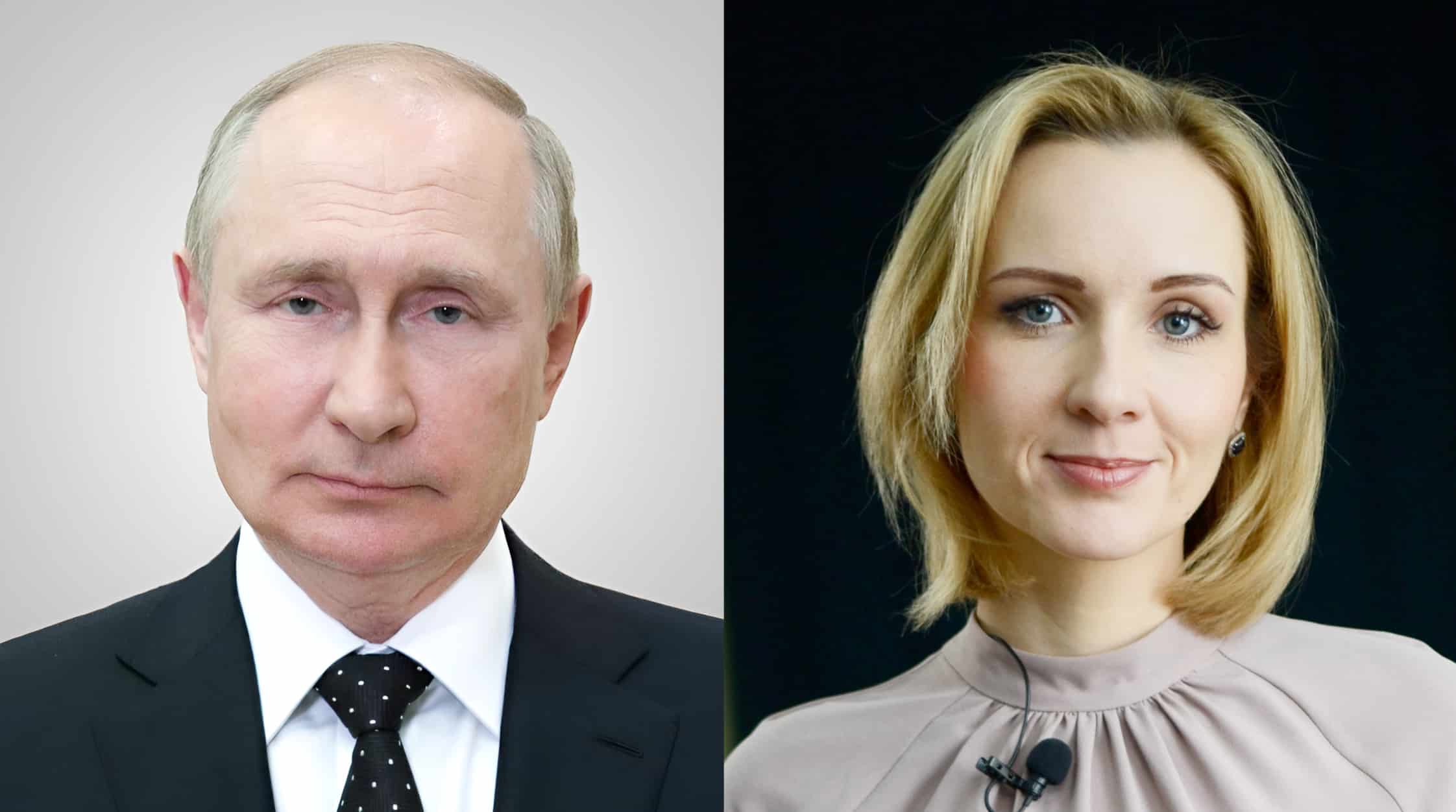Why international law remains an illusion - And the prospect of a nation beyond sovereignty
So long as states control legal enforcement, international justice remains out of reach. Could a sovereign body of supranational law break the grip of Westphalia?
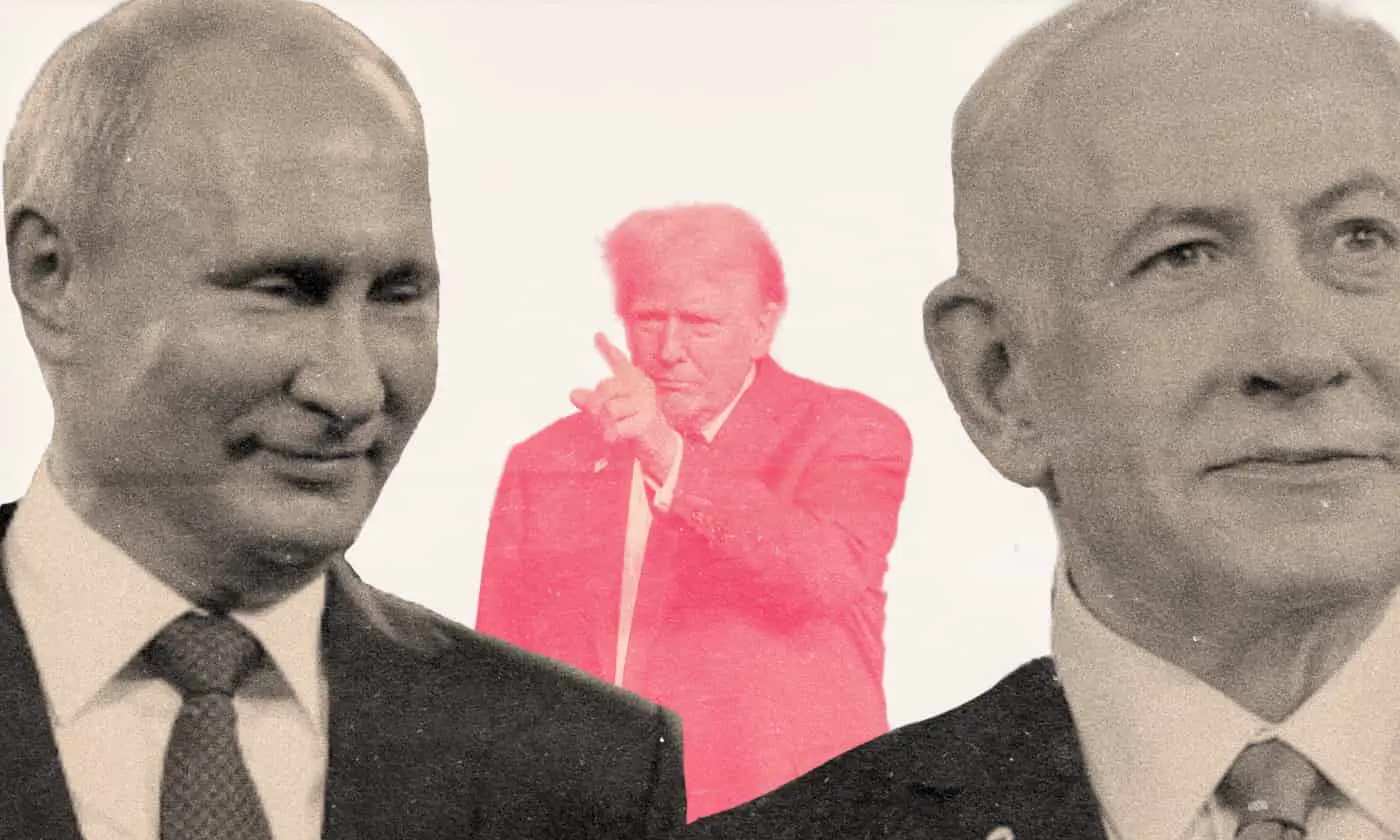
So long as the world remains steeped in the “Myth of Westphalia,” the longer international law will remain elusive to humanity. In America, each state has its own bar association certifying aspirants to practice law as licensed lawyers. The fact that no supranational bar association exists testifies to the fact of the abject lack of international law enforcement the world over.
A juris doctor alone specializing in much underserved areas like international criminal law often fails to satisfy admission criteria as special counsel at both the International Court of Justice and the International Criminal Court without credentialed bar certification of some tangible variety at the state, provincial or municipal level associated with a national government.
For those of us imagining a better world reformed by rule of supranational law, the disparity is abundantly obvious and comes crashing down to a weighty question of why.
Why cannot the International Criminal Court board certify international lawyers specializing in criminal, humanitarian and evidential law among others, as a natural countermeasure to the hegemony of nationalized justice.
Any proposed resolution is met with one inescapable fact. National sovereignty is inextricably tied to law enforcement mechanisms rendering the concept of international law overwhelmingly selective in nature.
National governments impose their own foreign policy imperatives on the distribution of international law.
Such an ongoing state of affairs cannot refute the obvious conclusion that as an enforceable concept, international law is inherently selective in nature. It might as well remain illusory so long as certain nations like the United States and Russia refuse to recognize let alone acknowledge supranational organs of international justice.
To explore this worldwide disparity turned depression of international law, several questions come to mind.
Can the belief in absolute state sovereignty, known as Westphalianism, be countered using Westphalian principles?
Can supranational bodies like the International Criminal Court and International Court of Justice be combined to form one sovereign body as an actual participant in the adjudication and enforcement of international law?
What traditional state alliances would such a proposed body of supranational sovereignty require in order to maintain its integrity without risk of getting deposed by hegemonic state actors like the United States, Russia or Israel?
The spirit of both questions seeks to imagine a tangible alternative where the concept of supranational law enforcement can stake a separate claim to state sovereignty using the rights of nations as its highest right of existential defense.
The very proposition of a sovereign body based on international law enforcement challenges the very idea of what a nation is in the first place.
This begs another question, what is a nation beyond that of an idea or shared set of ideals? After all, the United States and the former Soviet Union are human experiments rooted in the power of ideas that transformed into standing nations turned competing superpowers.
Is it therefore truly that unfathomable or unconscionable to entertain the notion of a nation founded on the adjudication and enforcement of international law with the support of diplomatic alliances with national governments?
Some of the smallest nations in the world like the Vatican, the proposed Sovereign State of the Bektashi Order, and the Sovereign Military Order of Malta are not ethnostate projects.
On the contrary, each one exemplifies vast histories of existential purpose in living national states to better continue their work. At 13,500 members, the Sovereign Military Order of Malta (SMOM) is widely recognized as a humanitarian outreach organization resembling the American Peace Corps.
The SMOM enjoys observer status at the United Nations operating 133 diplomatic missions worldwide with traditional sovereignty relegated almost entirely to one administrative building in Rome.
It is in this conceptual corollary where micronationalism is used to achieve supranational results. What seems like conceptual irony when prosecuting the meaning of nationhood can possibly hold the best defense and application of supranational law via proactive diplomacy with standing national governments.
Perhaps humanity’s best hope turned blueprint for the fair and equitable distribution of international law will be had when bodies of supranational law adopt sovereign nationhood status under the condition the proposed nation in question is afforded permanent observer status at the United Nations Security Council with vetoing power.
That principle must be enshrined as its highest existential principle to state sovereignty to match the power of the permanent five members of the Security Council as potentially one of the surest mechanisms to guarantee its reform.
Once achieved, the greatest challenge will emerge in protecting the sovereignty and integrity of such a state as the world’s undisputed harbinger of international law, justice, and order from the traditional hegemony and interference of each permanent five member.




